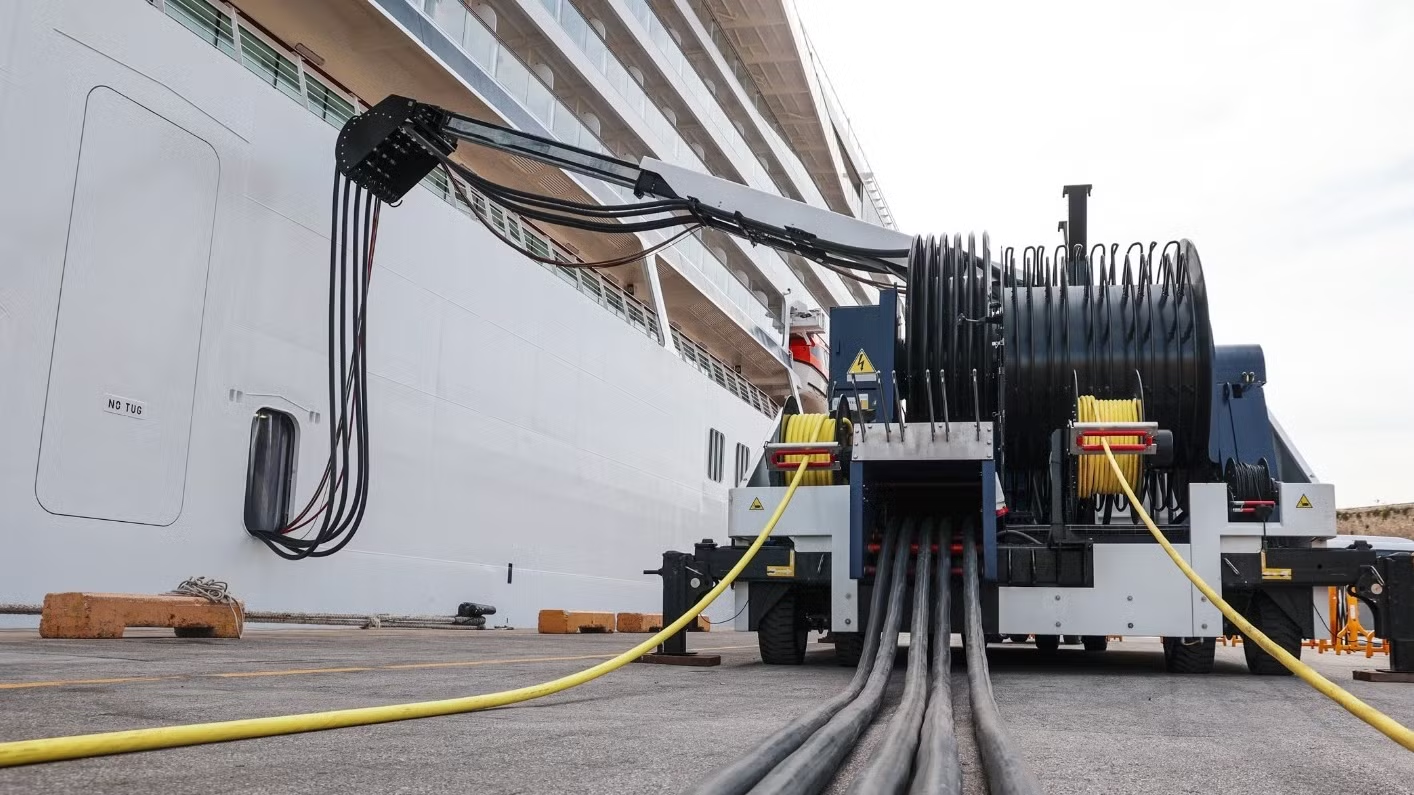ABB has secured a contract with Auckland Transport (AT) to deliver the maritime world’s first megawatt charging system (MCS) to recharge electric ferries using the same interface as trucks and airplanes.
As part of its Mission Electric initiative, AT has ordered two 200-seat all-electric ferries and two 300-passenger hybrid-electric ferries and is expected to become the largest electric ferry fleet operator in the Southern Hemisphere by 2030. Replacing conventional, diesel-operated ferries, the new ferries are estimated to help AT cut diesel use by 1.5 million liters, and CO2e emissions by 4,000 metric tons per year, equivalent to the annual emissions generated by about 90 diesel buses.
While ferries carry only six percent of public transport users in Auckland, their diesel engines produce 20 percent of the city’s public transport greenhouse gas emissions.1 New Zealand has set decarbonization goals by including a 2050 net-zero emissions target in its Zero Carbon Act. Given its responsibility for public transport infrastructure around the Hauraki Gulf, AT has chosen to electrify its ferry network using the CharIN megawatt charging system standard.
As informed, the chargers will deliver over three megawatts of direct current (DC) power to sustain the short turnarounds and high-power demands needed to maintain an efficiently operated ferry fleet. The connectors will be handled by crew during passenger turnarounds.
Ferries connect communities and have a significant impact on the environment. There’s a well-known Māori proverb which says ‘ka pū te ruha, ka hao te rangatahi’, or ‘once the old fishing net is worn, it is put aside to make way for the new fishing net’. Electrification is crucial and we must move away from emissions-generating technologies.
..said Palemia Field, Ferry Segment Manager, ABB Marine & Ports.
As the electrification of the global ferry fleet increases, ABB expects more operators to opt for a standardized interface that is familiar from other industries. “We are ready to deliver the MCS solution to meet the demand, wherever standardized connections make it easier for operators to design their ferries and terminals,” Field said.
Electric ferry orders made up 37 percent of the maritime battery capacity deliveries between 2019 and 2022, according to research published by IDTechEx2. A 2023 forecast from Spherical Insights3 suggests that the market for all types of electric ships will double in value by 2030 over a 2021 baseline, to surpass $10.5 billion.





























































